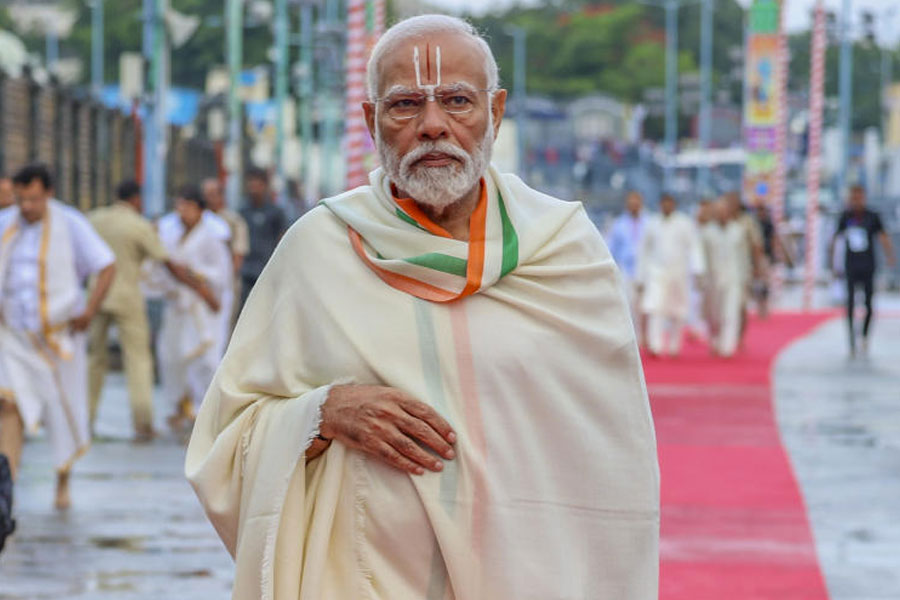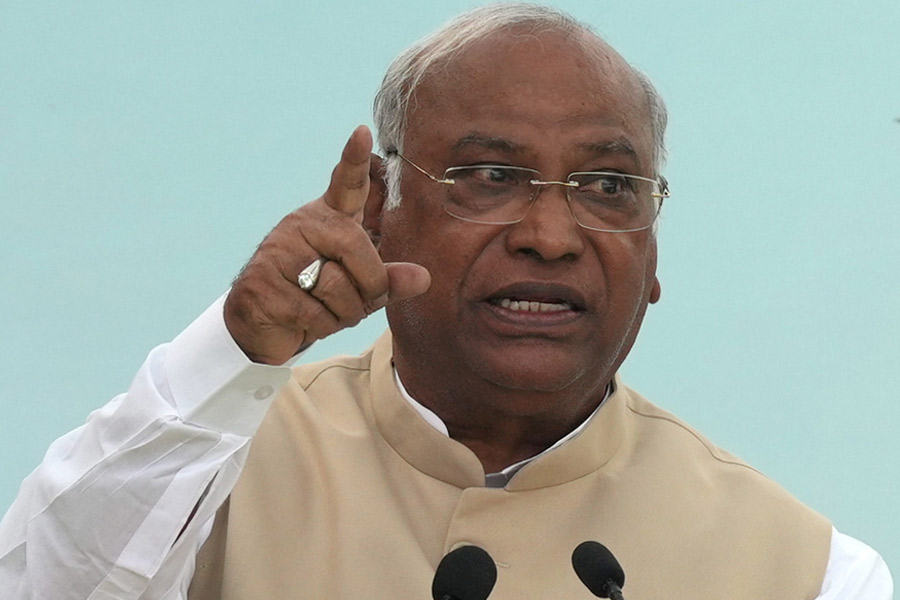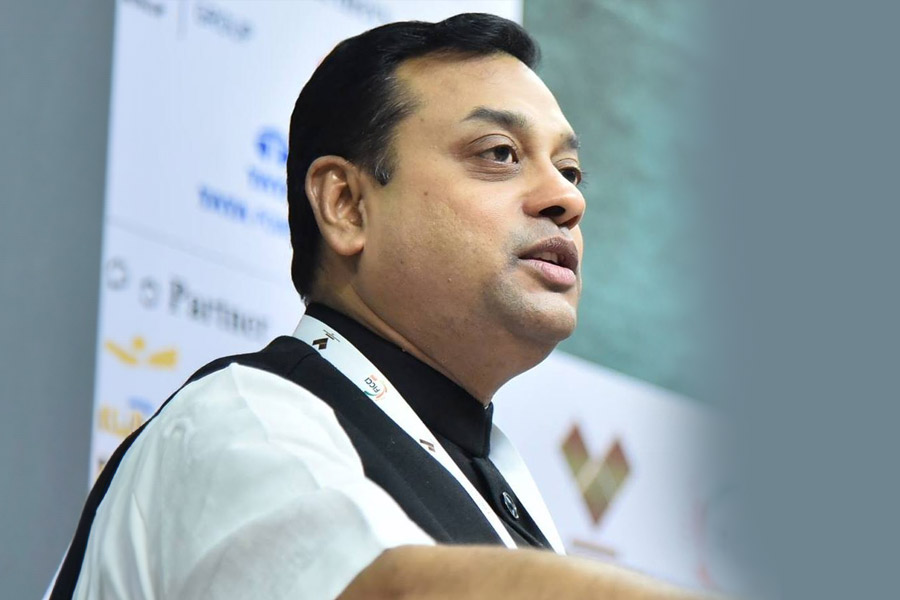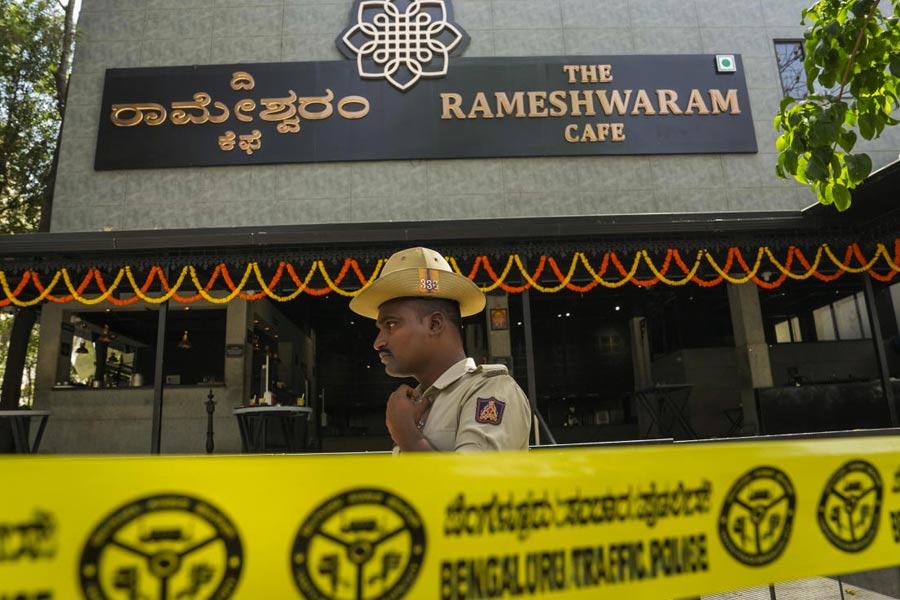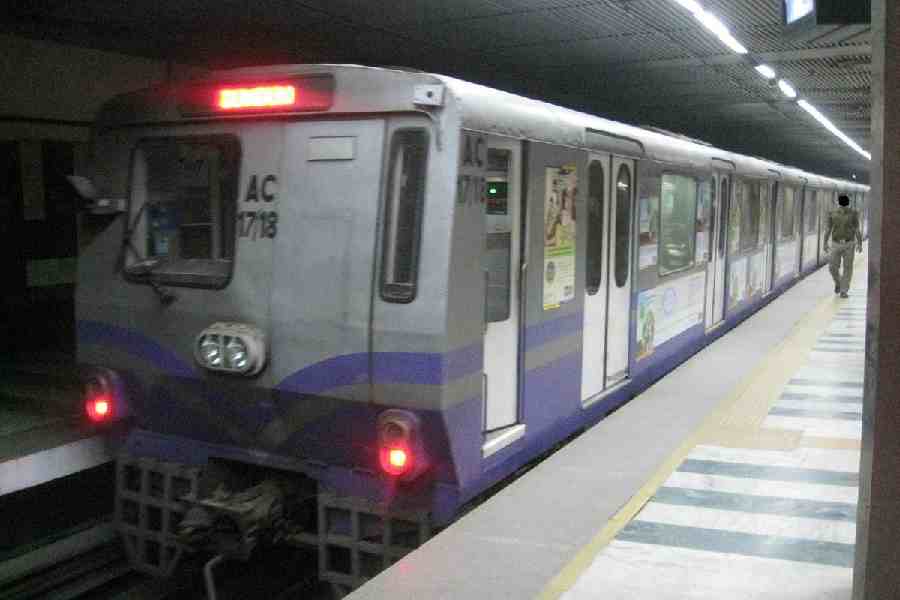As the world prepares to enter 2024, South Asia stands on the cusp of a critical moment in its complex democratic journey. Five of the region’s countries — India, Pakistan, Bangladesh, Sri Lanka and Bhutan — will vote to elect their next leader and government next year. The elections in Bangladesh on January 7, Pakistan on February 8, and India between March and May will, in particular, hold significance beyond national boundaries, with spillover effects for all of South Asia and beyond. Combined, the three nations are home to nearly two billion people, including some of the world’s youngest populations. In the long arc of history, all three countries are relatively young democracies. Their paths since Independence have varied significantly: Pakistan and Bangladesh have had to navigate military coups even as civilian governments have consistently ruled India. Differences among these nations, which have led to multiple, bloody wars, have long left South Asia as one of the planet’s least integrated regions, despite geographical contiguity and historical bonds. Yet, today, they are united by a shared set of challenges that are testing their commitment to the democratic ideals of their respective founding fathers.
In Pakistan, the military establishment is firmly in charge behind the scenes, seemingly puppeteering an election in which the man who appears to be the nation’s most popular leader, the former prime minister, Imran Khan, would, in all probability, not be able to contest. Mr Khan has filed his nomination papers for the election but faces a series of court cases and convictions that will need to be overturned to have a shot at power again. The flaws in Pakistan’s democracy are well-known and acknowledged globally. But even Bangladesh and India are no longer viewed in the wider world as models of secular, liberal democratic ideals in the Global South. The principal Opposition party in Bangladesh is boycotting the vote; a foregone conclusion appears likely in the upcoming election with the Awami League helmed by Prime Minister Sheikh Hasina Wajed expected to return to power. Meanwhile, India, which Prime Minister Narendra Modi describes as the mother of democracy, is on a rocky footing. There are allegations that the independent pillars of Indian democracy — law enforcement agencies, the media, as well as some other influential institutions — have lost their sheen.
This matters to each of the three countries, but also to South Asia and the world. Neighbours — whether people or nations — often serve as mirrors to each other. If the commitment to democratic principles slips across the region, that could set in motion a broader spiral that reduces the political pressure on each system to improve. As three of the world’s largest developing nations, what happens in India, Pakistan and Bangladesh also serves as an example to the wider Global South. What message they send will resonate around the world, from Asia to Africa to Latin America. Capitals around the planet will thus be watching the poll battles in these three countries.

